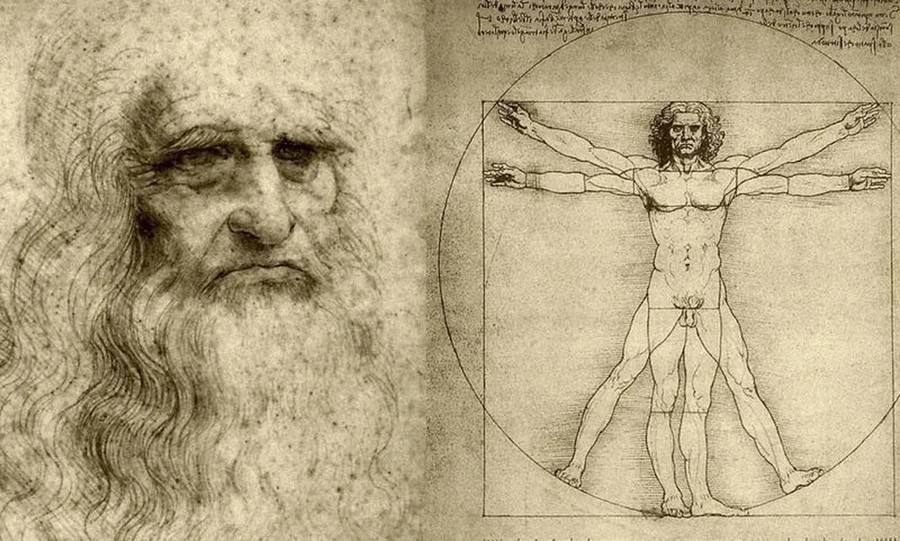The history of ancient Egypt has long captivated scholars, archaeologists, and historians, drawing them into a world of monumental achievements, rich cultural practices, and complex societal structures. Over time, various theories have emerged to explain the origins and influences of this remarkable civilization. One such theory, the Afrocentric perspective, posits that ancient Egypt was fundamentally an African civilization, predominantly black, and an integral part of the broader African historical narrative. While this theory aims to reclaim the contributions of African peoples to world history, it often oversimplifies and distorts historical reality, leading to misrepresentations akin to other forms of racial superiority, such as white supremacy. This article explores the origins and implications of the Afrocentric theory, highlights the significant contributions of Semitic cultures to Egyptian development, and acknowledges the role of the Nubian pharaohs and the Kingdom of Kush in the rich tapestry of Egyptian history.
The Afrocentric Theory: Misinterpretations and Implications
The Afrocentric theory, which seeks to highlight the African roots of ancient Egypt, emerged as a response to centuries of European colonialism and the marginalization of African achievements. Proponents of this theory argue that ancient Egyptians were primarily black Africans and that their civilization should be considered an integral part of African history. While the intention behind this perspective is to restore a sense of pride and recognition to African heritage, it often leads to an oversimplified narrative that disregards the ethnic diversity and complex cultural interactions that defined ancient Egypt.
Archaeological and anthropological evidence paints a different picture. Ancient Egypt was a melting pot of various ethnicities and cultures, with significant influences from across the Mediterranean, Africa, and the Near East. The civilization's geographic location, at the crossroads of Africa and Asia, facilitated extensive trade and cultural exchanges, contributing to its dynamic and multifaceted nature. By insisting on a homogenous racial identity for the Egyptians, the Afrocentric theory inadvertently mirrors the racial exclusivity of white supremacy, undermining the rich, diverse heritage of this ancient civilization.
The Semitic Contributions to Ancient Egyptian Civilization
One of the often-overlooked aspects of ancient Egyptian history is the significant influence of Semitic cultures, particularly those of Mesopotamia. The ancient Egyptians spoke a language that belonged to the Afro-Asiatic language family, closely related to Semitic languages. This linguistic connection underscores the extensive cultural and commercial interactions between Egypt and its Semitic neighbors, challenging the notion of a purely African Egypt.
Mesopotamian civilizations, known for their advancements in writing, law, and urbanization, played a crucial role in shaping the development of Egyptian society. The introduction of cuneiform writing, legal codes, and administrative practices from Mesopotamia had a profound impact on Egyptian governance and intellectual life. Furthermore, the exchange of goods and ideas facilitated by trade routes linking Egypt to Mesopotamia and other Semitic regions enriched Egyptian culture, contributing to its remarkable achievements in art, architecture, and science.
Recent scholarship has increasingly recognized and emphasized these intercultural exchanges, highlighting the pivotal role of Semitic civilizations in shaping the ancient world. This acknowledgment challenges earlier, more insular views of Egyptian history and underscores the interconnectedness of ancient societies. By appreciating the contributions of Semitic cultures, we gain a more nuanced understanding of the complex tapestry of influences that shaped ancient Egypt.
Nubian Pharaohs and the Kingdom of Kush: A Multicultural Legacy
Despite the inaccuracies of the Afrocentric narrative, it is essential to recognize the periods during which black African rulers, specifically those from the Kingdom of Kush, played a significant role in Egyptian history. The Kingdom of Kush, located to the south of Egypt, rose to prominence and, at times, exerted control over Egypt, most notably during the 25th Dynasty (circa 744-656 BCE). These Nubian rulers, often referred to as the "Black Pharaohs," brought significant cultural and political influence to Egypt.
The Kushite civilization was distinctly African, yet it was heavily influenced by Egyptian culture due to prolonged contact and interactions. The adoption of Egyptian religious practices, art styles, and architectural techniques by the Kushites demonstrates the deep cultural exchange between the two regions. The Nubian pharaohs not only embraced Egyptian traditions but also contributed their unique perspectives, enriching the cultural and political landscape of Egypt.
The reign of the Nubian pharaohs highlights the dynamic and interconnected nature of ancient African civilizations. It also underscores the importance of viewing the development of civilizations as influenced more by their natural environment and unique historical circumstances than by the race of their people. The Kingdom of Kush stands as a testament to the vibrant cultural exchanges that characterized the ancient world, demonstrating that the flow of ideas and practices across regions played a crucial role in shaping their development.
Conclusion: Embracing a Multicultural Understanding of Ancient Egypt
The history of ancient Egypt is a testament to the complexity and interconnectedness of human civilizations. While the Afrocentric theory seeks to reclaim the African heritage of Egypt, it often simplifies and distorts the rich, diverse reality of this ancient civilization. By recognizing the significant contributions of Semitic cultures and the role of the Nubian pharaohs, we gain a more comprehensive understanding of Egypt's multicultural legacy.
Ancient Egypt's achievements were the result of a confluence of influences from across the Mediterranean, Africa, and the Near East. Its development was shaped by a diverse array of peoples, ideas, and cultural practices, reflecting the dynamic and interconnected nature of the ancient world. Embracing this complexity allows us to appreciate the true richness of Egypt's history and its enduring contributions to human civilization.










